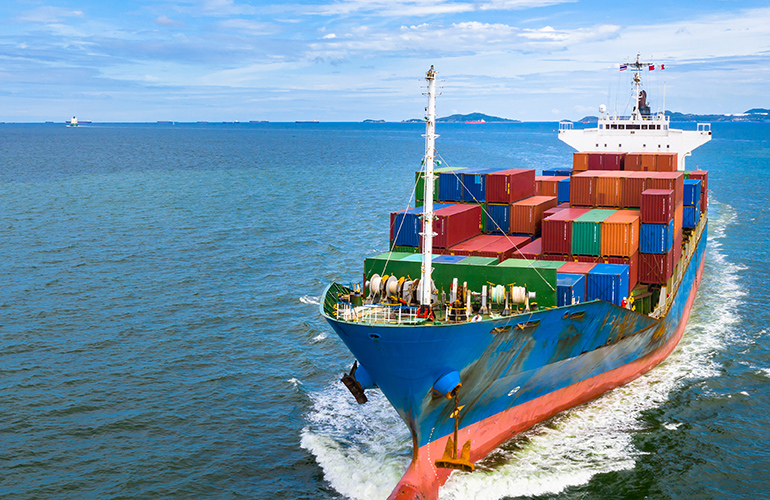Sea Transportation
- Home
- Sea Transportation

Maritime transportation is an important sector that forms the backbone of world trade and is one of the oldest transportation methods of humanity throughout history. Maritime transportation covers a wide geographical area and forms the main backbone of international trade. In this article, the importance, advantages, history and future of maritime transportation will be discussed.
The Importance of Sea Transportation
Maritime transport drives a large share of world trade and strengthens the role of trade in the global economy. It offers a cost-effective solution, especially in the transportation of heavy and bulky goods. A large portion of the world’s trade volume is carried out by sea, allowing products to be transported all over the world.
Advantages of Sea Transportation
Sea transportation has many advantages. Chief among these is cost effectiveness. Transportation by sea is generally more economical than other modes of transportation. It is also ideal for transporting large amounts of cargo and has an extensive network of ports. Maritime transportation also stands out as an environmentally friendly option. Having lower carbon emissions than other modes of transportation, it offers a sustainable transportation option.
History of Maritime Transportation
Maritime transportation has an important place in human history. Trade has been carried out by sea since ancient times. Especially in ancient times, waterways such as the Mediterranean, the Indian Ocean and the China Sea were the centers of trade. Important trade routes such as the Silk Road and the Spice Road played a major role in the development of maritime transportation.
The Future of Maritime Transportation
Today, maritime transportation is becoming more efficient with technological developments. Innovations such as smart ship technologies, autonomous transportation and digitalization shape the future of maritime transportation. Additionally, sustainability measures such as the use of environmentally friendly fuels and the reduction of carbon emissions enable maritime transport to move towards a greener future.
Conclusion
Maritime transportation is one of the main arteries of global trade and an indispensable part of the world economy. With its cost-effectiveness, wide coverage and environmentally friendly features, maritime transport will continue to play an important role in the future of world trade. Therefore, it is of great importance that the sector is constantly modernized and developed in accordance with sustainability principles.













